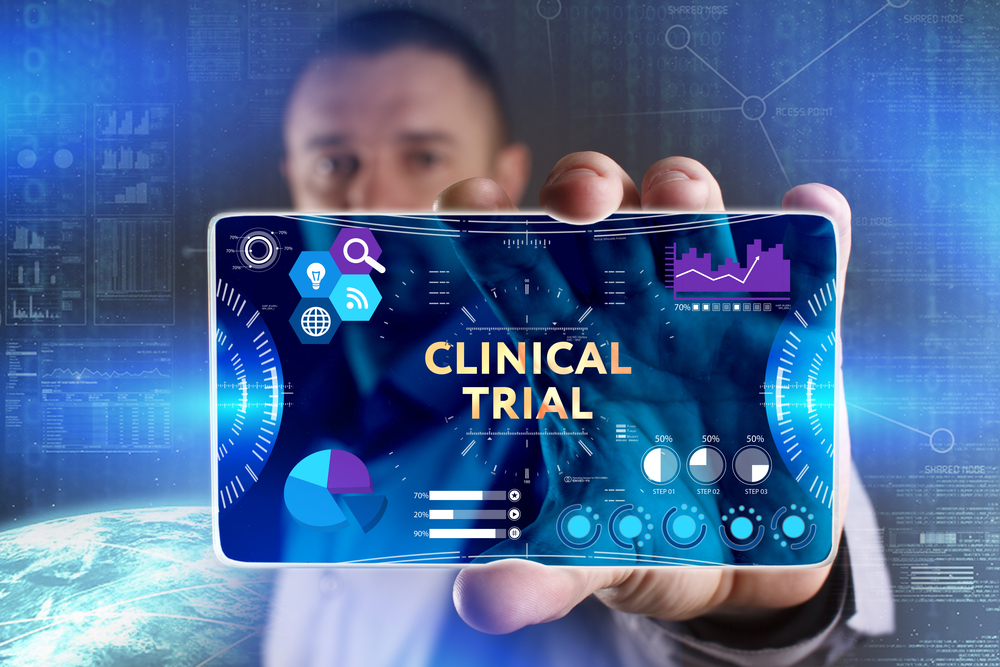New Trial Compares Stem Cell Treatment to Available Therapies for Severe Relapsing MS
Written by |

Shutterstock
A new clinical trial is comparing the best available therapies to an experimental stem cell therapy to treat severe forms of relapsing multiple sclerosis (MS).
At the moment, more than a dozen therapies have been approved by the U.S. Food and Drug Administration for the treatment of relapsing forms of MS, but often the first- and second-line treatments are not effective in managing the condition for patients with a severe form of the disease.
Patients with severe relapsing MS often receive third-line biological therapies that are highly effective, but can have serious side effects.
In the new trial, called BEAT-MS — standing for BEst Available Therapy versus autologous hematopoietic stem cell transplant for Multiple Sclerosis (NCT04047628) — researchers will compare the safety, efficacy, and cost-effectiveness of two approaches: stem cell treatment and third-line therapies.
In the trial, autologous hematopoietic stem cell transplant (AHSCT), an experimental stem cell-based treatment, will involve a mixture of four chemical agents to remove the patient’s autoimmune cells that are attacking the immune system and causing MS.
Some of the patient’s healthy blood-forming stem cells will be collected before the transplant, and then infused back into the patient after the harmful immune cells have been removed. This way, the healthy stem cells can form new immune cells, and repopulate the patient’s immune system — a sort of reset of the immune system so that the central nervous system is no longer attacked.
Previous studies have suggested that AHSCT may be an effective and lasting alternative for patients with severe relapsing MS, but it had not yet been compared directly to available third-line biological therapies and can have serious side effects, including death.
“AHSCT has the potential to halt the progress of relapsing MS, eliminate the need for a person to take lifelong medication, and allow the body to partially regain function. However, we need to be certain that the benefits of this form of treatment outweigh its serious risks,” Anthony S. Fauci, MD, director of the National Institute of Allergy and Infectious Diseases (NIAID), said in a press release.
The BEAT-MS trial is expected to enroll 156 participants at 19 sites in the United States and the United Kingdom. Participants (18 to 55 years old) will be followed for six years after being randomly assigned to receive either AHSCT or one of the available high-efficacy third-line therapies for MS.
These third-line therapies include: Tysabri (natalizumab, marketed by Biogen), alemtuzumab (sold as Campath, Lemtrada by Sanofi-Genzyme), Ocrevus (ocrelizumab, marketed by Genentech), and rituximab (an experimental therapy used off-label in MS).
Participants in the trial will be assessed periodically to record the length of time between a participant’s assignment to a treatment and MS relapse or death from any cause, during the first three years of the follow-up period.
In participants receiving AHSCT, researchers will evaluate the newly formed immune cells, and compare them to the immune cells of participants who receive third-line therapies.
Cost-effectiveness of the treatments will be assessed, as well as their impact on disease activity and severity, and quality of life for participants in both groups.
“We hope that BEAT-MS will clarify the best way to treat people with relapsing MS,” said Jeffrey A. Cohen, leader of the BEAT-MS trial, and director of the Experimental Therapeutics Program in the Mellen Center for Multiple Sclerosis Treatment and Research at the Cleveland Clinic.
The BEAT-MS trial is being funded by the NIAID, and conducted by the NIAID-funded Immune Tolerance Network in partnership with the Blood and Marrow Transplant Clinical Trials Network.


